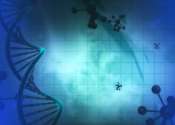Study shows promise of gene therapy for alcohol use disorder
A form of gene therapy currently used to treat Parkinson's disease may dramatically reduce alcohol use among chronic heavy drinkers, researchers at Oregon Health & Science University and institutions across the country have ...









